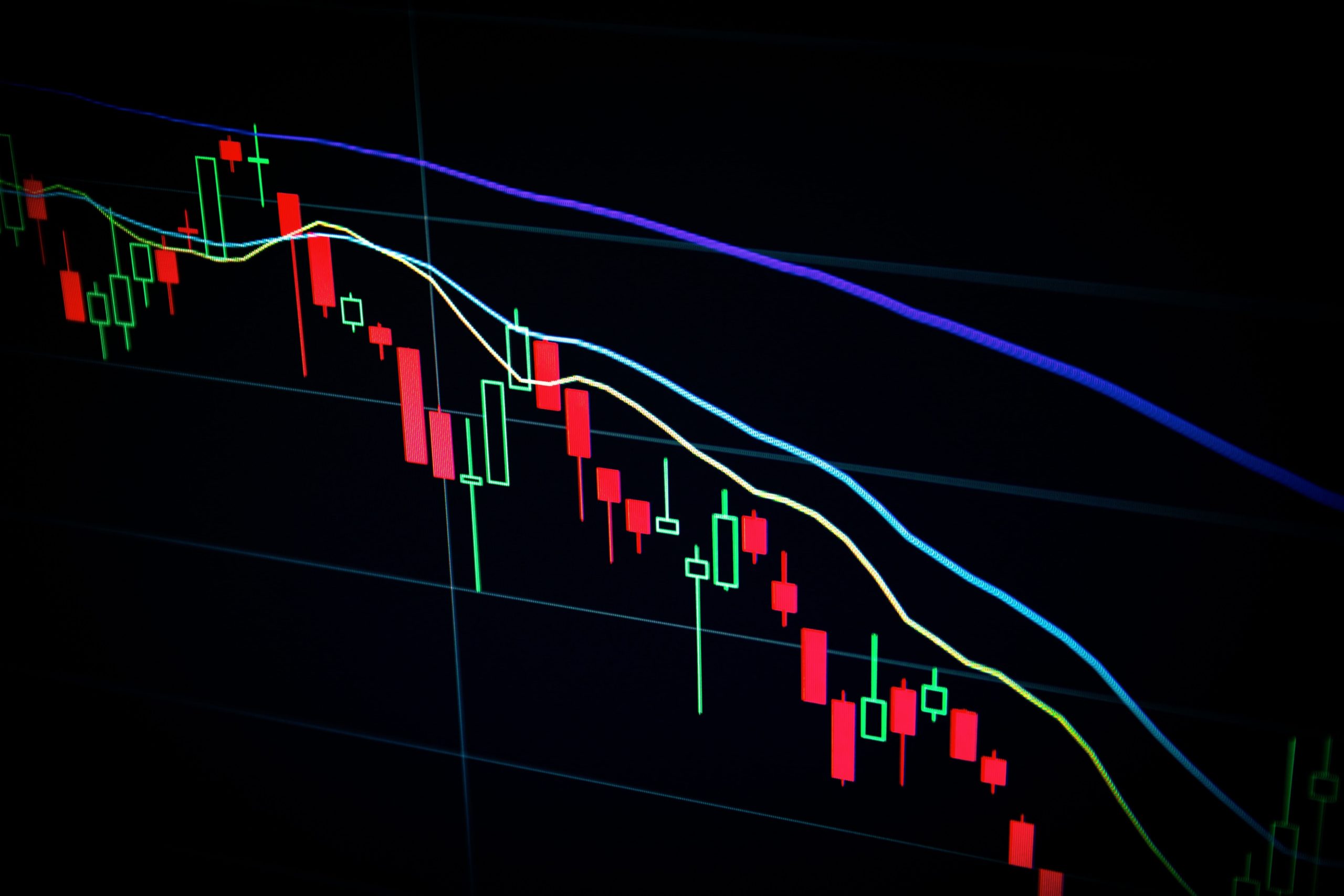[ad_1]

As the Russia-Ukraine conflict continues, blockchain surveillance companies have discussed and implemented ways to combat sanctioned countries from using digital assets. Last week, Chainalysis revealed screening tools for crypto firms that aim to comply with international sanctions. On Monday, the CEO of Elliptic published a blog post describing the company’s work to combat sanction evasion.
Elliptic CEO Speaks on the Company’s ‘Work to Combat Sanction Evasions in Crypto’
This week, Simone Maini, the chief executive officer of the blockchain surveillance firm Elliptic, published a blog post concerning how the company deals with sanction evasions tethered to crypto assets. Maini’s blog post stresses that “the war in Ukraine has demonstrated that powerful technologies such as cryptocurrency can be used in both positive and negative ways.”
The Elliptic CEO details how funds were raised for the Ukrainian government and other Ukraine-based NGOs. On the other hand, Maini’s blog post notes that digital assets have been used by Russian-backed forces. The Elliptic executive adds:
There is also the real risk of Russia using crypto assets to circumvent sanctions through state-sponsored cybercrime, concealment of wealth, and even crypto mining.
Maini explains that Elliptic has “redoubled” its efforts to help the fintech industry “prevent sanctions evasion by Russia.” So far, Elliptic has managed to identify over 400 virtual asset service providers (VASPs) that accept rubles for digital currency trades.
Elliptic ‘Links 15 Million Crypto Addresses’ to Russian Criminal Activity, ‘Several Hundred Thousand Crypto Addresses’ Linked to Sanctioned Russian Actors
Moreover, the firm has “directly linked more than 15 million crypto addresses to criminal activity with a nexus in Russia.” On top of all that, Elliptic has managed to flag a great number of cryptocurrency addresses that are allegedly tied to sanctioned Russians. The Elliptic CEO states:
We have identified several hundred thousand crypto addresses linked to Russia-based sanctioned actors. This goes beyond those included in sanctions lists to include other addresses that we have been able to associate with these actors through our own analysis.
At the time of writing, the Russian ruble is the 23rd most-used trading pair against the crypto asset bitcoin (BTC), but against tether (USDT), the ruble represents USDT’s 15th most-used trading pair. In addition to Elliptic, Chainalysis revealed five days ago that the blockchain surveillance firm was launching two tools to help crypto companies combat sanction evading entities.
Blockchain Surveillance Firm Is ‘Actively Investigating Crypto Asset Wallets’
Furthermore, in a recent blog post published during the first week of March, the popular crypto exchange Coinbase disclosed it had blacklisted more than 25,000 crypto addresses tied to Russian individuals or entities. Elliptic’s announcement stemming from the CEO’s blog post on Monday, highlights that not only did the company flag several hundred thousand crypto addresses, it is also monitoring crypto asset wallets.
“We are actively investigating crypto asset wallets believed to be linked to Russian officials and oligarchs subject to sanctions,” Elliptic’s CEO Maini concluded. “We are collaborating with government agencies and other organizations to ensure that those responsible for enabling the invasion of Ukraine cannot use crypto assets to hide their wealth.”
What do you think about the Elliptic CEO’s blog post about the company flagging several hundred thousand crypto addresses tied to Russia-based sanctioned actors? Let us know what you think about this subject in the comments section below.
Image Credits: Shutterstock, Pixabay, Wiki Commons
Disclaimer: This article is for informational purposes only. It is not a direct offer or solicitation of an offer to buy or sell, or a recommendation or endorsement of any products, services, or companies. Bitcoin.com does not provide investment, tax, legal, or accounting advice. Neither the company nor the author is responsible, directly or indirectly, for any damage or loss caused or alleged to be caused by or in connection with the use of or reliance on any content, goods or services mentioned in this article.












Post Comment